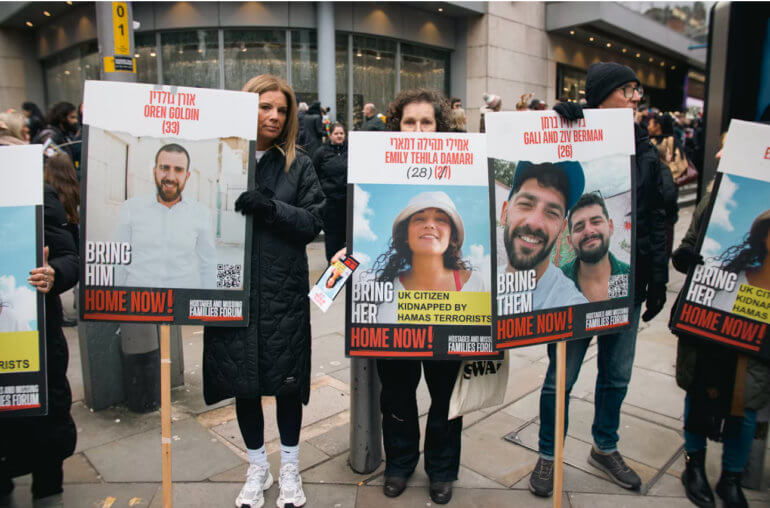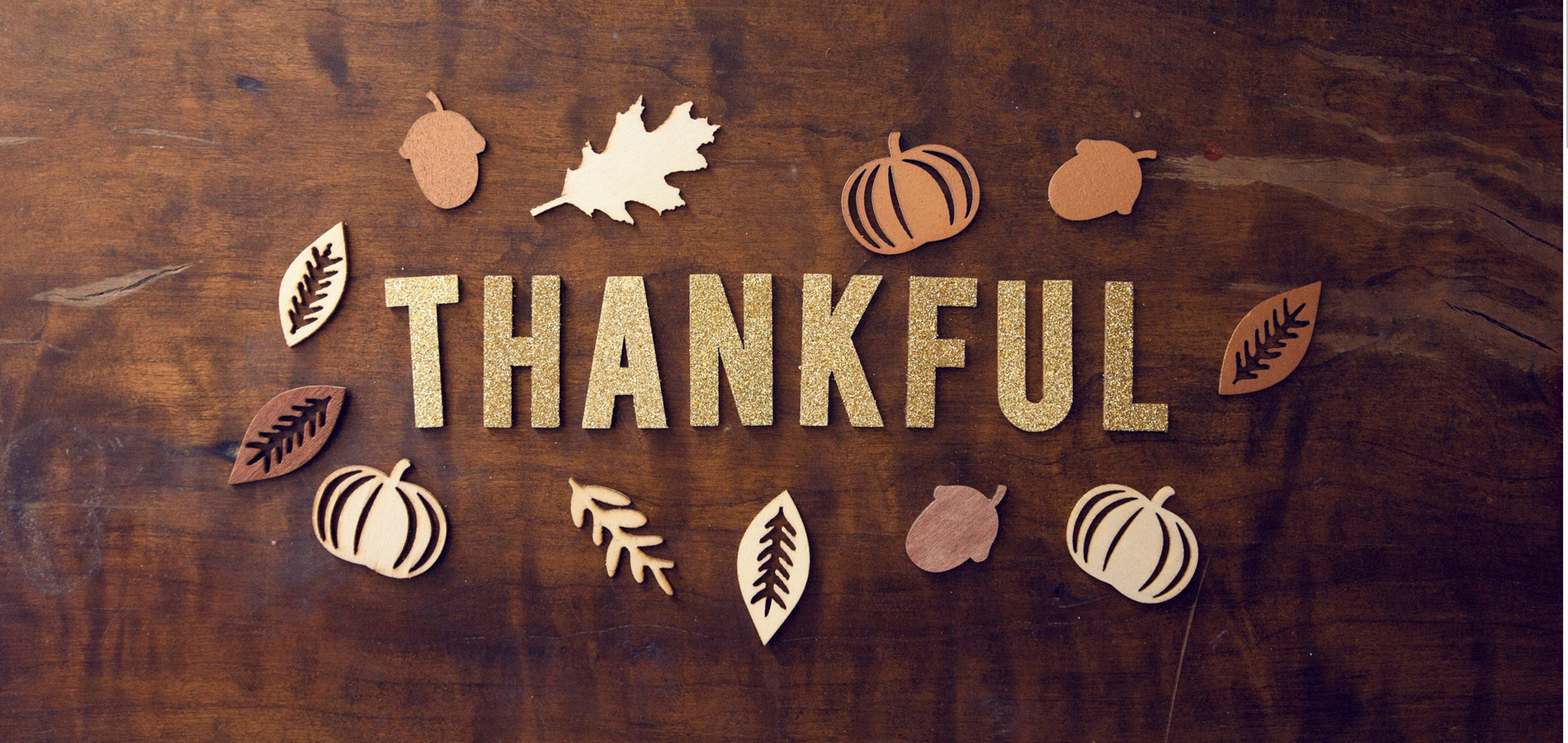
Every Jew Is Intertwined With One Another: The Pain of Awaiting Our Hostages
Thoughts of Eli Sharabi, Or Levy, and Ohad Ben Ami have interrupted my sleep for days. They are the three emaciated hostages who were released from Hamas’s dungeons last week, after sixteen months of being trapped in the bowels of hell. Eli Sharabi, being freed only to learn that his wife, two daughters, and brother were all murdered by Hamas, is an unbearable pain to grapple with. Yarden Bibas released the week before, waiting for news about the fate of his now famous ginger wife and their two baby boys is excruciating. Hearing how the remaining hostages are being chained in airless tunnels, in darkness, tortured, branded, raped, and starved is overwhelming and continues to puncture my sleeping and waking hours.
I was thinking of a common phrase the Talmud uses to describe the Jewish people and our relationship to one another. “Kol Yisrael Areivim ze bah ze.” “All Jews are responsible for one another,” we are told. It is a sentiment that many Jews feel in quiet times, but it hits so much harder when our brethren are suffering in unimaginable ways, and we feel a deep duty to help.
Because Hebrew is lashon Hakodesh, “the holy tongue,” when we dig into the root of a word, we often find a deeper truth to it. As I was meditating on this phrase “Kol Yisrael Areivim ze bah ze” over dinner last night, I asked my husband what the root of “arevut” (responsibility) is. He thought for a moment and replied, “I think it comes from the word ta’arovet – mixture.”
The explanation hit me like a ton of bricks. All of the feelings that had been stirring inside me for days (but really since October 7) suddenly made so much more sense. The Jewish people are all mixed in one with another. There is no space between where I end and my fellow Jew begins, because we are intertwined with one another in foundational ways. It’s how we feel each other’s pain so intimately and personally. It’s how we experience each other’s joy so profoundly and wholeheartedly. (I got to experience the joy piece recently when our oldest child got engaged and people that I barely know greeted me with such sincere and effusive “mazel tov’s.” My simcha is their simcha.
Our nation was founded from a single couple, who then had children, who went on to become tribes. From a spiritual perspective, the Jewish people were birthed at Har Sinai (Mt. Sinai), a place where the commentator Rashi describes that we were: k’ish echad, b’lev echad, “like one man, with one heart.” When we are united and connected and deeply feeling the bonds with one another, we are at our best and our strongest, even though it is often the greatest sorrow that pulls us together.
The pain of the hostages and the pain of the families of the hostages is all of our horror right now. Millions of Jews are collectively holding our breaths as we wait to see how Hamas will respond to Trump’s threat of “all hell breaking loose” if all the hostages are not released by Saturday at noon. We are anxious and scared and praying and hopeful. We don’t know what the outcome will be, but as I visualize being mixed in together and riding these complex emotions with my fellow Jews, I find comfort amidst my distress.
They say misery loves company. Knowing I am not alone certainly eases the burden. But, what truly loves company is immense joy, celebration and the final redemption. It is the moment Jews have been holding onto not only in countless communities around the world throughout our lifetimes, but across thousands of years of Jewish history. May we merit to see it, speedily in our days!
If you found this content meaningful and want to help further our mission through our Keter, Makom, and Tikun branches, please consider becoming a Change Maker today.







